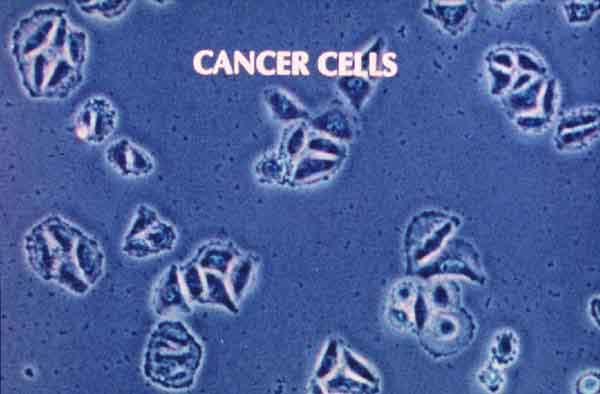Cancer cells have an "escape tactic" which can outwit potent caner drugs

Recent research has revealed that some cancer cells are able to "recover" from doses of chemotherapy that could generally destroy other types of cells.
Earlier it was believed that no cells can survive after the therapy triggered a process called apoptosis, or cell suicide.
During the recent study, researchers at The Chinese University of Hong Kong studied effect of different chemicals - jasplakinolide, staurosporine and ethanol on cervical, skin, liver and breast cancer cells. All these chemicals trigger apoptosis in normal cells. The cells were given enough of the deadly chemicals to spark the impulse to die.
Study revealed that some damaged cells regained their original shape, began to function as normal and continued to divide; causing them to grow and spread after the chemotherapy was stopped.
Professor Ming-Chiu Fung, from the department of Biology at The Chinese University of Hong Kong, said: "We have shown that various cancer cell lines can survive programmed cell death.
This research suggests the existence of an escape tactic which cancer cells might call upon to survive chemotherapy treatment."